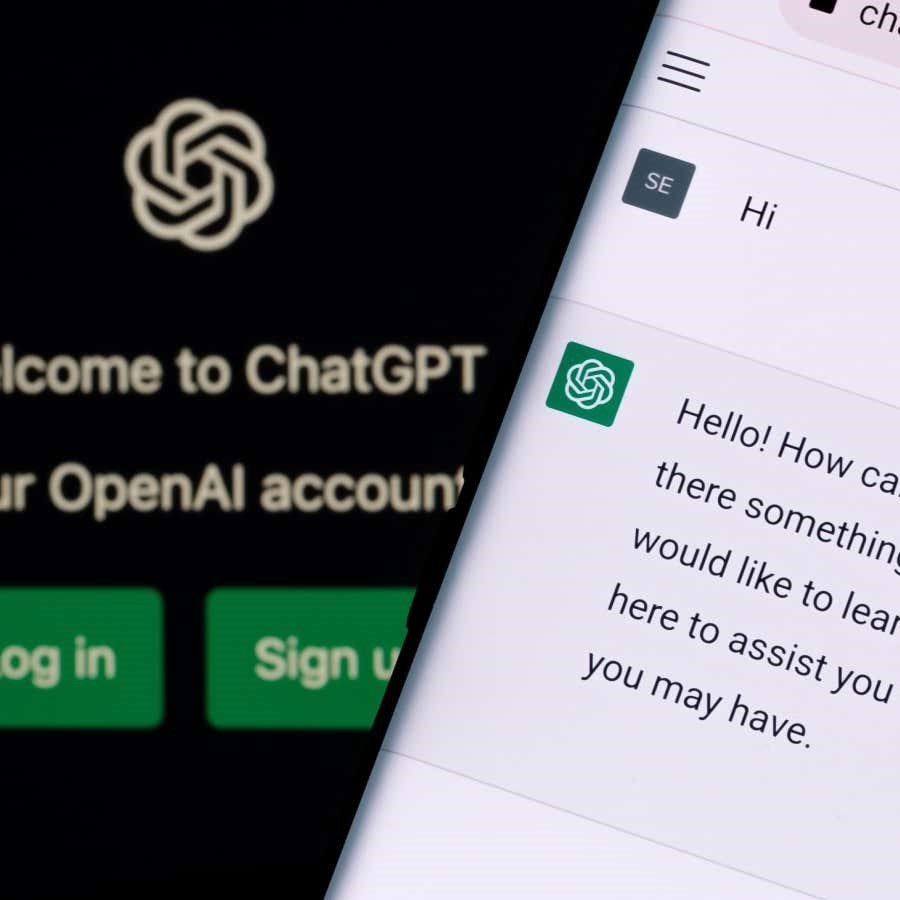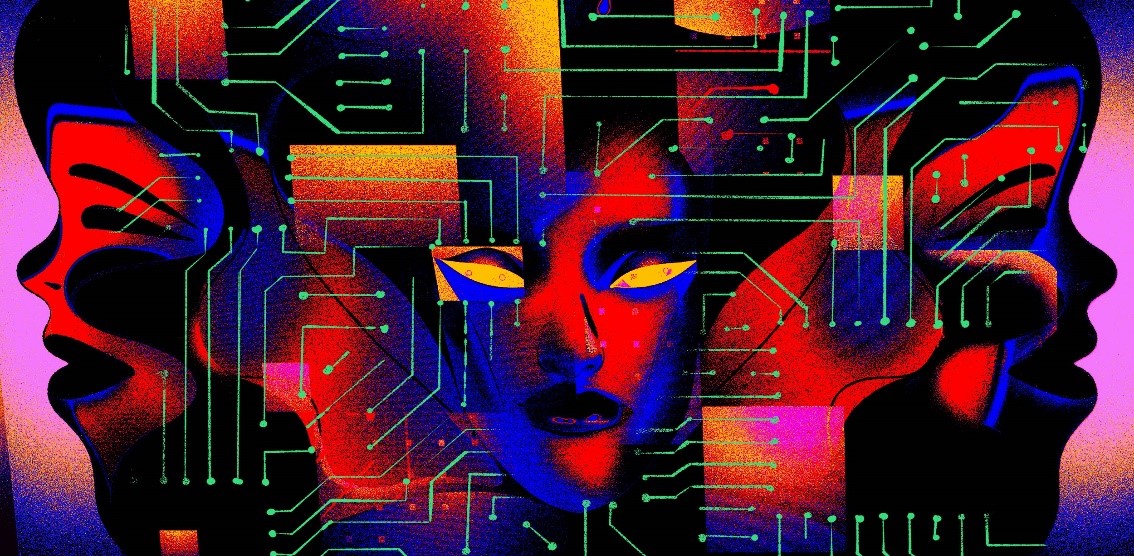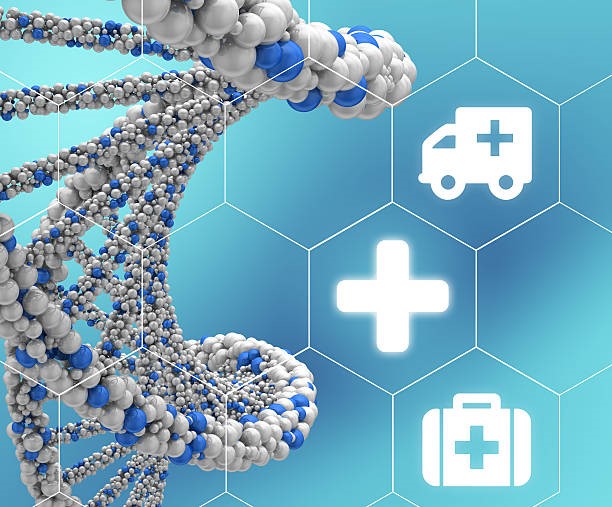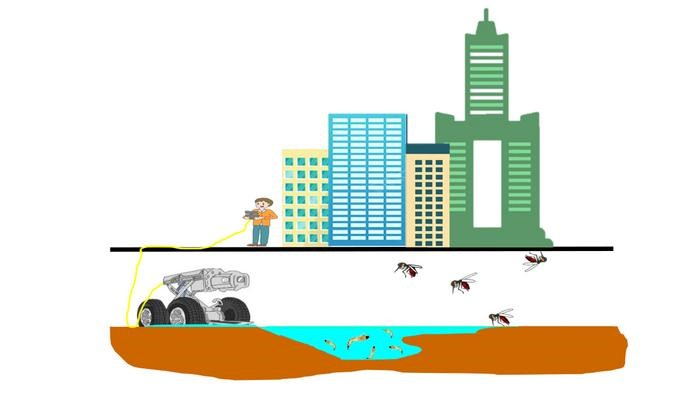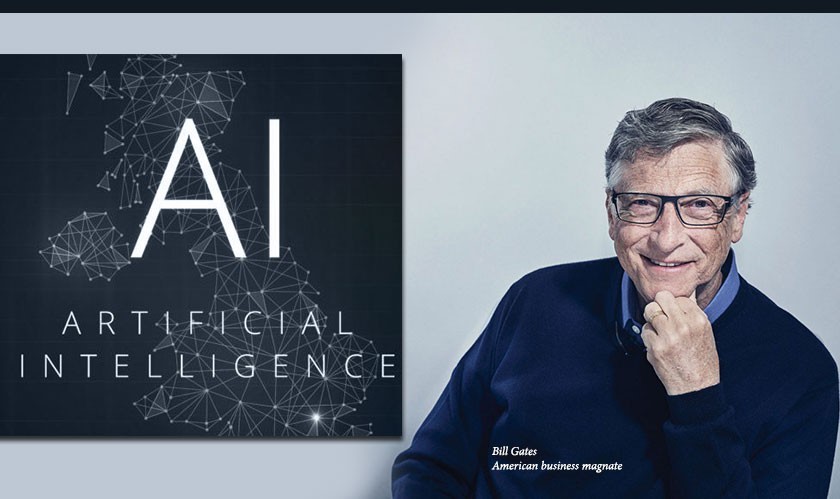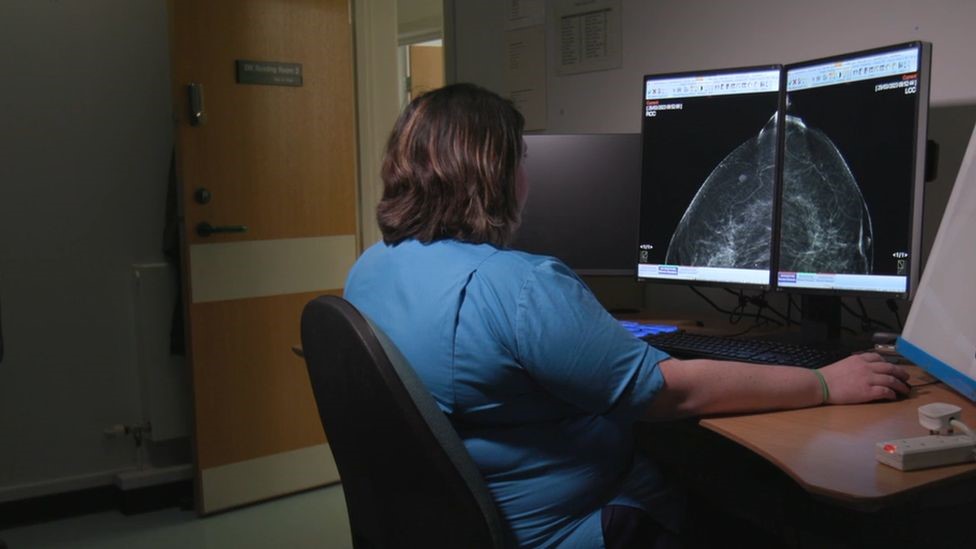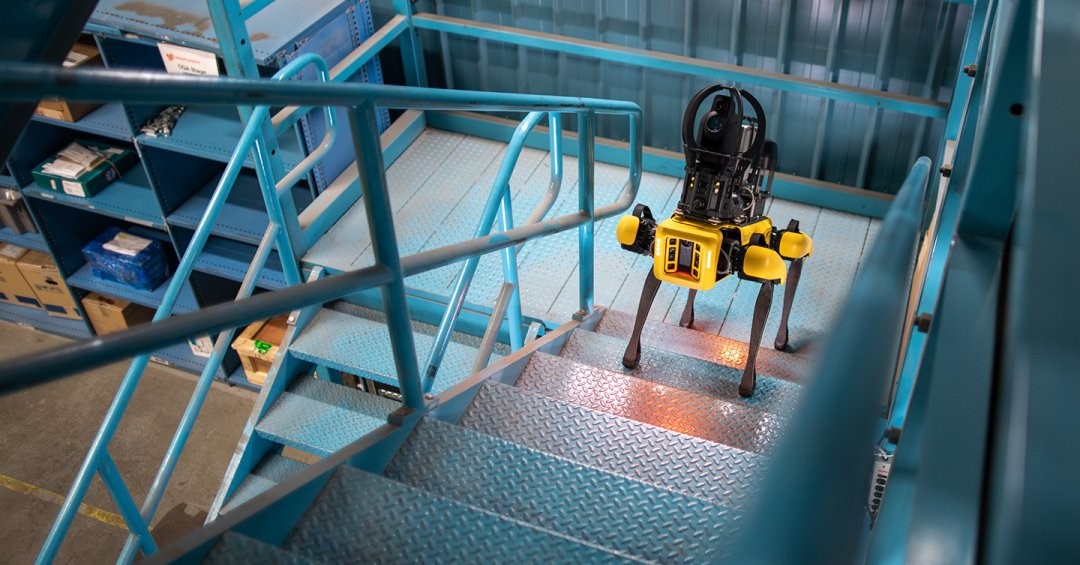The Power of AI in Eye Scans for Inherited Disease Detection
Inherited retinal diseases (IRDs) pose significant challenges for diagnosis due to their rarity and the complexity of identifying the underlying genetic causes. Access to specialized centers with experts in these conditions is limited, hindering patients' ability to receive accurate testing and diagnosis. However, a promising breakthrough has emerged as researchers from the UK and Germany harness the power of artificial intelligence (AI) to develop a system that aims to enhance testing availability and efficiency.
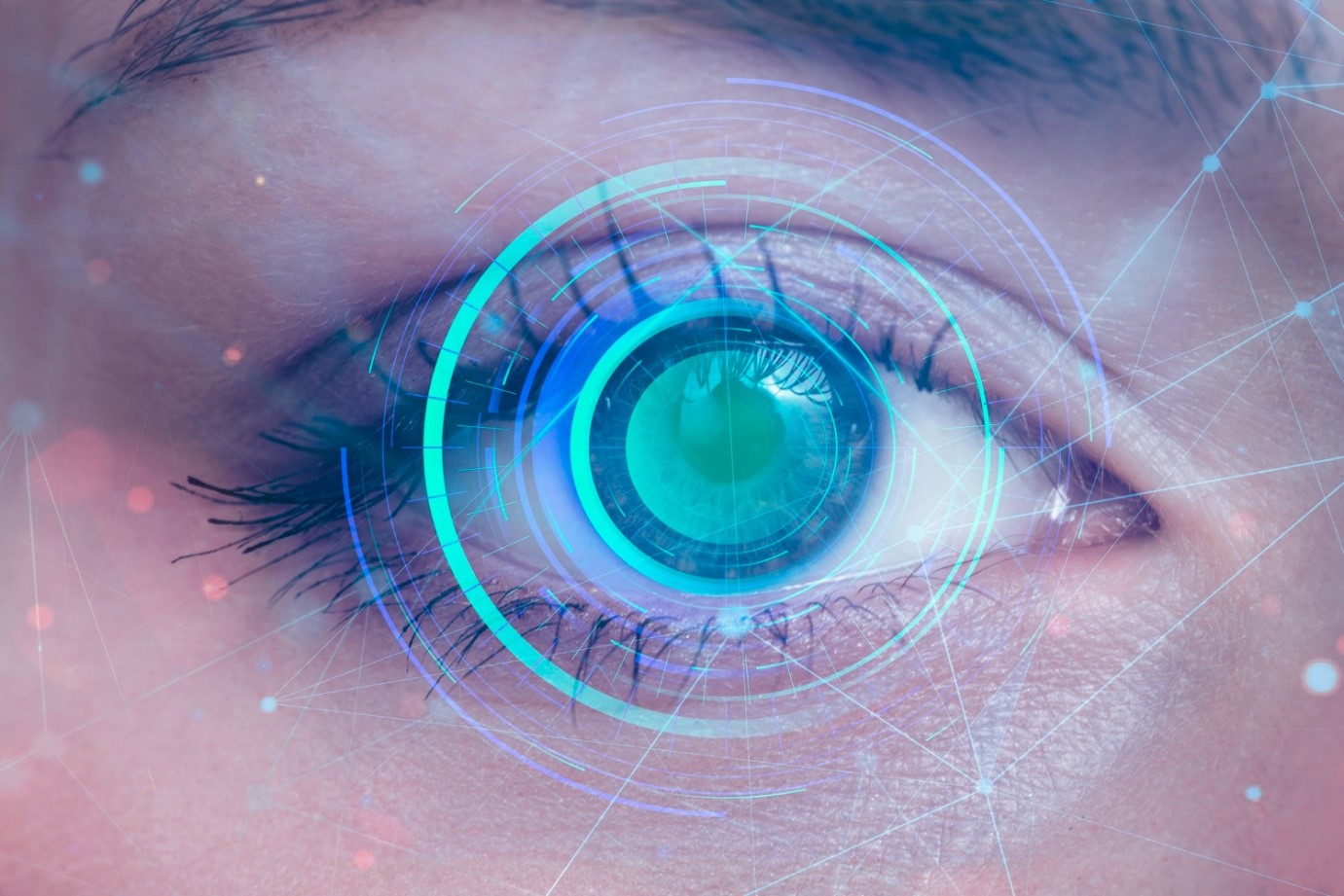
Figure 1. Disease Detection
Figure 1 is an illustration of AI in Eye Scans for Inherited Disease Detection. At the forefront of this advancement is Dr. Nikolas Pontikos, a group leader at the UCL Institute of Ophthalmology and Moorfields Eye Hospital in London, UK. He and his team have created Eye2Gene, an AI system capable of identifying the specific genetic drivers of IRDs through retinal scans. Despite the formidable challenges in discerning causative genes from such scans, the AI system demonstrates superior accuracy compared to most human experts, as Dr. Pontikos explains.
To develop Eye2Gene, the researchers leveraged the extensive database of IRDs at Moorfields Hospital, comprising over 30 years of research and encompassing genetic diagnoses and detailed retinal imaging for more than 4,000 patients. Traditionally, identifying the gene responsible for a retinal disease relies on the Human Phenotype Ontology (HPO), which employs standardized descriptions of observable characteristics to guide diagnosis. However, HPO terms often fall short in capturing the nuances of retinal imaging phenotypes. Eye2Gene addresses this limitation by directly analyzing retinal images, providing a richer source of information beyond HPO terms alone.
To validate the system, the team benchmarked Eye2Gene against 130 IRD cases with known gene diagnoses, encompassing whole exome/genome sequencing, retinal scans, and detailed HPO descriptions. Comparing the HPO gene scores with Eye2Gene gene scores, they found that Eye2Gene provided a higher or equal rank for the correct gene in over 70% of cases, surpassing the performance of an HPO-only approach.
The vision for Eye2Gene extends to its seamless integration into routine retinal examinations, initially as an assisting tool in specialist hospitals for second opinions and eventually as a "synthetic expert" where specialists are scarce. Dr. Pontikos envisions embedding Eye2Gene software directly into retinal imaging devices, enhancing their diagnostic capabilities.
Before Eye2Gene can be widely implemented, it must undergo regulatory approvals to ensure safety and efficacy. This AI-driven innovation holds the potential to revolutionize patient diagnosis, offering a less invasive, more accessible approach that enhances management and treatment. Dr. Pontikos emphasizes the need for further evaluation, including diverse patient populations, various imaging devices, and different healthcare settings, necessitating clinical trials before Eye2Gene can be deployed as approved medical device software.
Professor Alexandre Reymond, chair of the conference, acknowledges the crucial role of human experts but also highlights the ability of AI to mitigate biases and facilitate diagnoses for all individuals in the future. The application of AI in retinal disease diagnosis not only enhances the efficiency and accessibility of specialist care but also brings us closer to a more equitable healthcare system.
Source: ESNG
Cite this article:
Hana M (2023), The Power of AI in Eye Scans for Inherited Disease Detection, AnaTechMaz, pp.310



